Nikon Nikkor Z DX 50-250 f/4.5-6.3 VR Lens, 2-YEAR NIKON WARRANTY
Tax included.
LKN Australia is an Official Nikon Australia reseller.

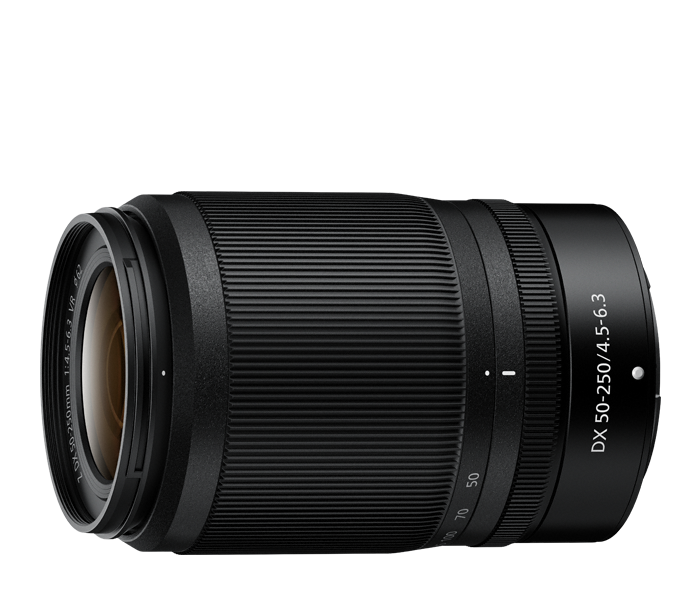
Reach farther. Do more.
A telephoto lens gives you more than just zoom power. Telephoto lenses are great for portraits—they render faces naturally without distortion. They make your subject stand out against a soft, blurry background. They let you fill the frame with interesting compositions. And, yes, they also let you get closer to the action—wildlife, sports, concerts, events and more. The NIKKOR Z DX 50-250mm f/4.5-6.3 VR delivers compact, lightweight telephoto capabilities for Z series cameras. Fast, accurate and nearly silent, it's equally adept at videos and stills. As a second lens alongside the Nikkor Z DX 16-50mm f/3.5-6.3 VR, you can cover just about any shooting situation.

Powerful Image Stabilization
At telephoto distances, the smallest camera movements can blur a photo. Video is even less forgiving—we're all familiar with shaky smartphone videos. The NIKKOR Z DX 50-250mm f/4.5-6.3 VR has the most effective Vibration Reduction (VR) image stabilization system of any NIKKOR yet, up to 5 stops*! Your videos will be rock-steady, and your telephoto photos will be sharp and clear.
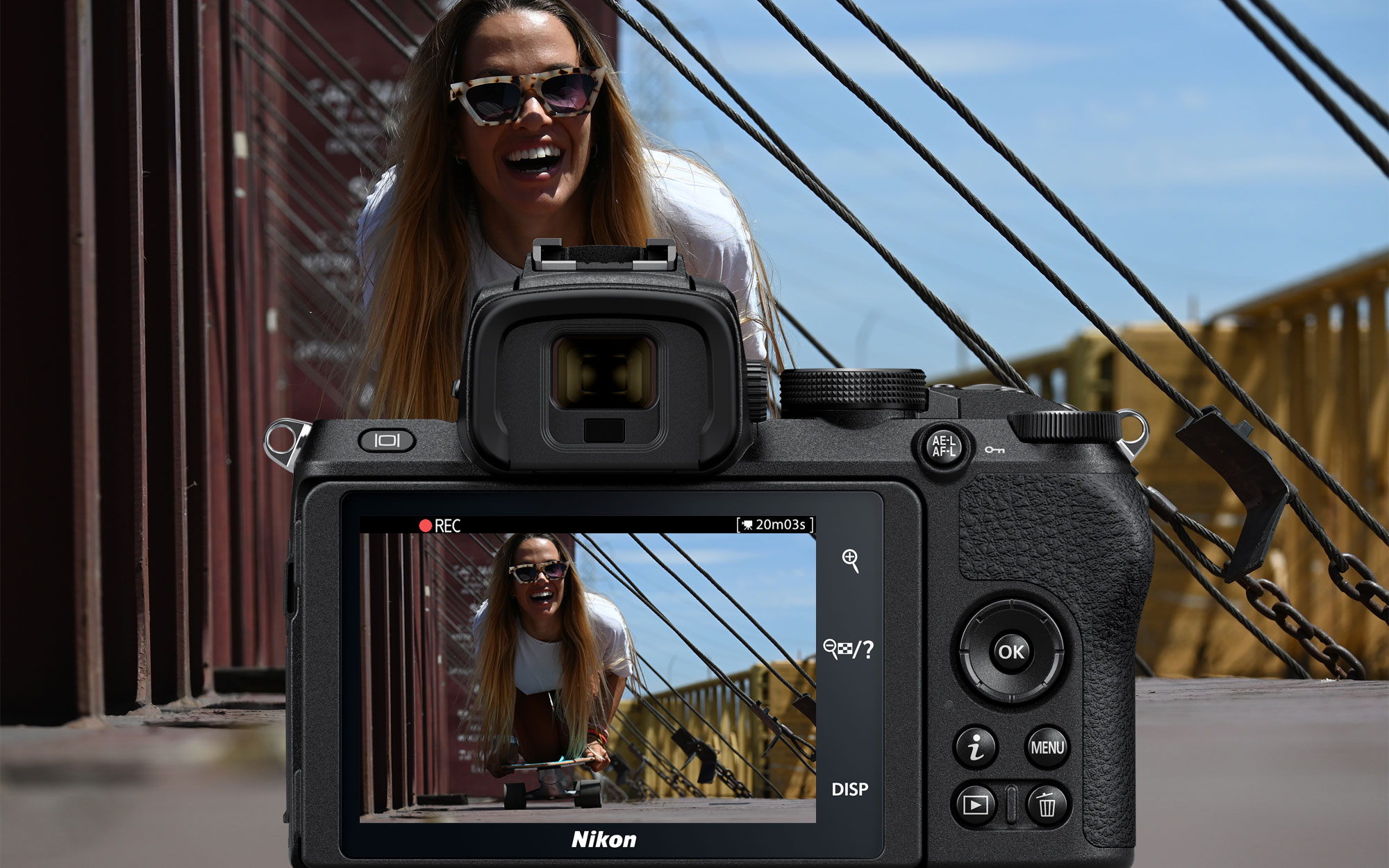
Professional-Looking Videos
Telephoto lenses are the best way to get cinematic close-ups and shallow depth of field in your videos. Like high-end cinema lenses, the NIKKOR Z DX 50-250mm f/4.5-6.3 VR is designed to suppress focus breathing—a common occurrence with smartphones that makes videos look amateurish. And both its focusing ring and control ring are virtually silent, so you won't hear any camera noises during recording.
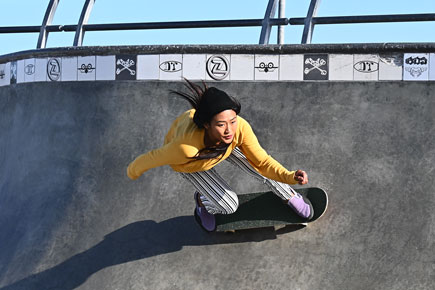
Precision Autofocus
The NIKKOR Z DX 50-250mm f/4.5-6.3 VR uses a blazing fast, nearly silent stepping motor for autofocusing, and it performs brilliantly with Z series' Eye AF to keep focus right where you want it.
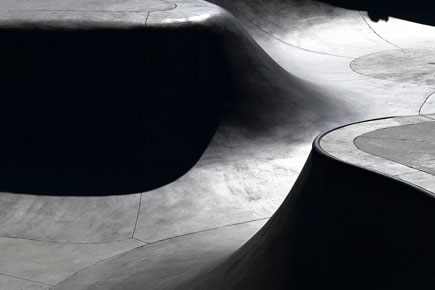
High Contrast
An Extra-low Dispersion (ED) glass lens element reduces color defects and glare for sharper, clearer images with outstanding contrast.
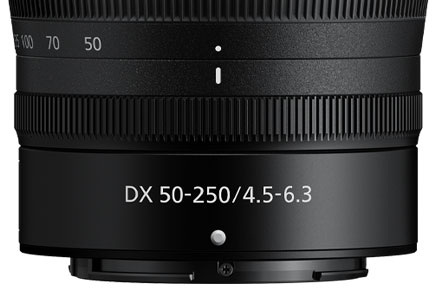
Customized Control
Assign your favorite function to the control ring—aperture control (great for iris transitions during video recording), ISO adjustments, exposure compensation or manual focus.
Technology
-
Stepping Motor
NIKKOR Z lenses use a stepping motor for fast, accurate, smooth, quiet autofocus with reduced wobbling. This quiet drive system makes the lenses ideal for use when shooting video. -
Electromagnetic Diaphragm Mechanism
An electromagnetic diaphragm mechanism in the lens barrel provides highly accurate electronic diaphragm or aperture blade control when using auto exposure during continuous shooting. With conventional D/G type lenses, the diaphragm blades are operated by mechanical linkage levers. -
ED (Extra-Low Dispersion) Glass
An optical glass developed by Nikon that is used with normal optical glass in telephoto lenses to obtain optimum correction of chromatic aberrations. -
IF Lens
A NIKKOR lens in which only the internal lens group shifts during focusing. Thus, IF NIKKORS do not change in size during AF operation, allowing for compact, lightweight lenses capable of closer focusing distances. These lenses will be designated with the abbreviation IF on the lens barrel. -
Super Integrated Coating
Nikon Super Integrated Coating is Nikon's term for its multilayer coating of the optical elements in NIKKOR lenses. -
Vibration Reduction
A Nikon in-lens technology that improves image stability by automatically compensating for camera shake. Lenses that offer VR will feature the abbreviation VR on the lens barrel.
*As of October 10, 2019. Based on CIPA Standard: this value is achieved when attached to a DX-format camera with the camera’s VR function set to “NORMAL”, and when zoom is set to the maximum telephoto position.
The lens incorporates an electromagnetic diaphragm mechanism. The following cameras are compatible with this lens: Z 50, Z 7, Z 6.
LCD, Video and Photo Gallery images are for illustrative purposes only.












